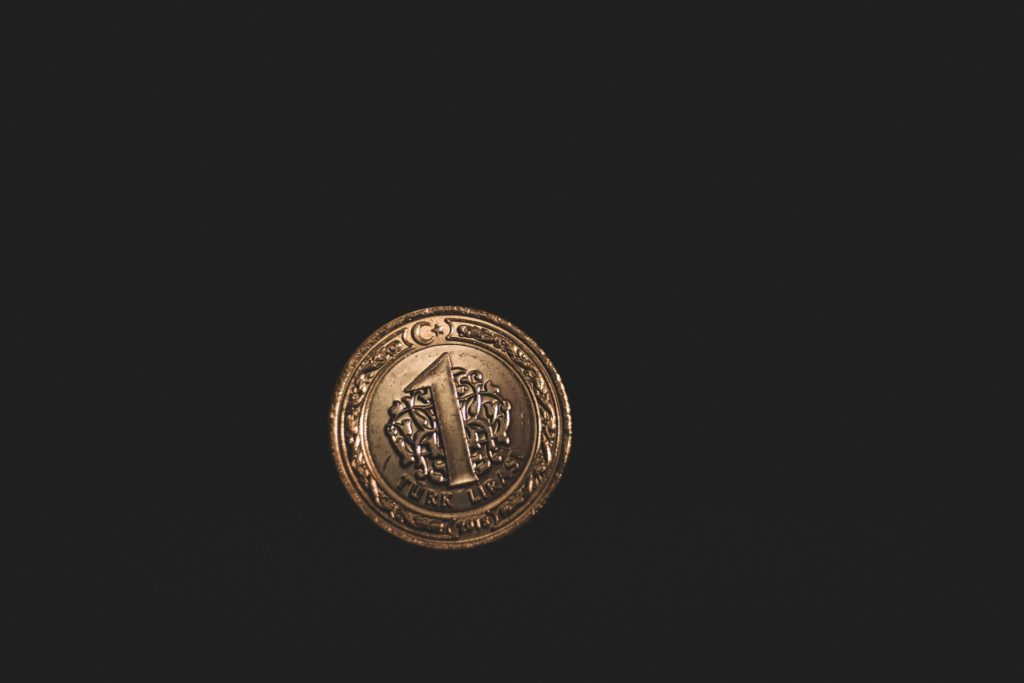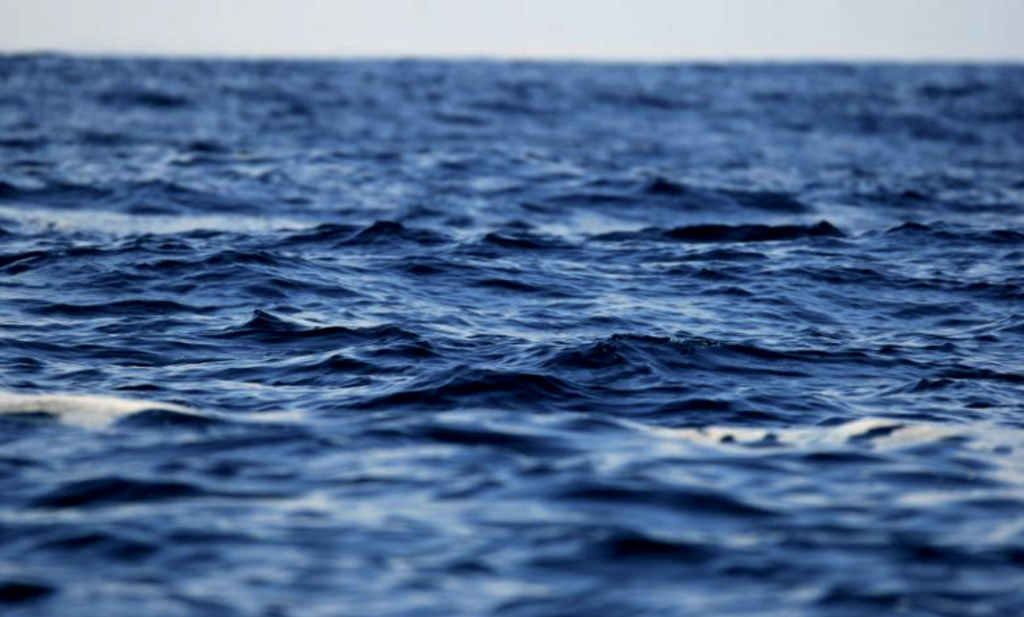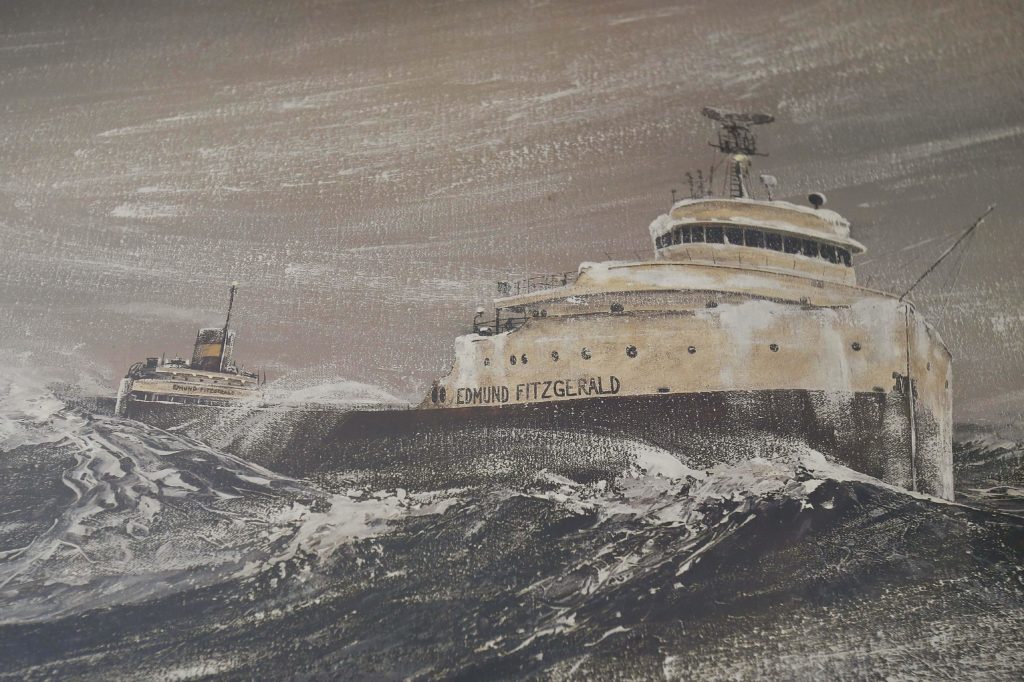I’m not particularly proud of this story as I don’t find it particularly enticing. It is merely a prompt fill for a challenge I partook in. It is my first attempt at anything fantasy oriented and not Hannibal related at all. It is just here for posterity at this point.
I realize now what kinds of voices I prefer in stories. As I write novels like Charm City and Scarwood, I’m beginning to appreciate a slightly different kind of world-building.
Original short story challenge from Writers Write:
Prompt: Desperate times | Word Count: 1000

For three thousand years, the little girl’s ancestors had housed a wyrm nestled in a small box, clutching a gold coin. They had called the wyrm a maðkur, but the little girl refused to think of it as a maggot, so her father proposed she name their family talisman herself. At seven, though she had never seen the creature, she named it Sváfnir.
She was a quiet girl, sickly and friendless, but a lover of flora and fauna. She fed the elk that wandered by their farm and set out bones for the serpents at night.
She’d been told that their wyrm had remained locked in its box for years – her family unwilling to be bitten or poisoned by its tail. Over generations, its kind had morphed into beasts the size of wild dogs.
No longer tucked in caves, hoarding treasure, they now dug through piles of refuse and bothered farmers when they swooped from the sky to pluck lambs from the fields.
Long ago, men had dug gold from the earth and pressed it. The wyrms had a taste for the soft yellow ore. They waited patiently until smiths and kings had filled the villages with currency, then slaughtered the men and hoarded that gold, consuming troves which gilded their backs and bellies. With their newfound strength and splendor, they burned fields and poisoned lakes. And when the creatures grew tired from their glut, they wallowed with each other and laid hundreds of eggs before they slept.
With great feasts comes great famine, and after that age, men grew wise. They bartered and coins were no longer pressed. Those old serpents died, refusing to eat anything but gold. Their offspring had grown dull and listless, scattering to the mountainside to hoard what measly coins they could find, until the creatures starved.
The remaining wyrms adapted, turning brown and feeding on scraps, not treasure. The creatures remained gaunt and manageable – their clutches small in number – and the villagers paid them no mind.
Coins became unheard of. If they were uncovered, they were buried or tossed into rivers. The mystical men, however, protected what few remained as there was something magical about the control they had over the wyrms.
It was well-meaning of the girl’s father to show her Sváfnir one night. It was cold, she was lonely, motherless, and he had nothing else to offer.
That night, under the cover of darkness, her father brought the box to her bedside and opened it. The little wyrm hissed, the girl jumped, and her father almost clapped the lid. She stopped him, however, her eyes fixed upon the blue beads staring back.
The creature clutched the chewed coin and its head twisted to view the curious gaze which faced it after hundreds of years of solitude. She smiled and called it by its new name.
It hissed and she giggled. It then rolled, showing off it’s diamond-crusted belly, hissing again. She laughed and felt its jagged scales, her father holding his breath as he watched. Her father told her of a time when gold had once filled their family’s pockets, food had toppled from plates, and their forge had never grown cold. The wyrm was thought to protect their family, so they were charged with protecting him in kind. Her father closed the box and put it away, happy to see a smile on his daughter’s once somber face.
Her curiosity over Sváfnir did not flounder. Her father was shocked to find the wyrm in her apron pocket one morning. He was furious to see her in the fields with him, tossing and catching the mangled coin, but over time, the pair became inseparable. He was kept hidden in her dress or at the nape of her neck for years. They grew a fierce and tangible love, never apart and no longer alone.
The girl had become a woman when a bitter wind swept the valley. Crops failed and the feral wyrms chewed the wool off the sheep and the flesh from the remaining elk. Sváfnir spent his days gripping his coin while the weak woman grew white and lame.
With neither food in storage nor goods to trade, her father feared for her life. He sought help from a mystical man and a tonic of herbs and milk brought color to his ill daughter’s cheeks.
Weeks passed and she asked of Sváfnir. She was told that he was sleeping soundly on his treasure. When she was able to walk again, she was eager to see her dear companion and retrieved the box to peer inside.
She opened the lid and found her friend waiting – his eyes and body weak. He hissed and crawled to rest in the woman’s cool palm. His coin was gone, now lining the pocket of a mystic, and with it went his gilded scales and gem-encrusted belly. His eyes had yellowed and skin browned, but when she spoke his name – her voice sullen and heartbroken – he hissed as he always had.
Wyrms don’t live through the ages as they did when the mines were open and prosperous. Without gold, Sváfnir’s bones grew brittle and his wings sagged. When he became too sickly to move, the girl spent weeks keeping him warm until the spring thaw brought lamb and fish to their table. The wyrm’s taste for gold never wavered, however, and he refused all the food she offered.
By the summer, she’d lost her precious Sváfnir and laid him to rest in the fields where they’d played when she was just a girl. The next winter took her father, and the next her home when she could no longer care for her land.
On her deathbed, still alone and frail, the women remembered those year spent with her sweet Sváfnir. She had loved her family’s treasured protector, been comforted by his enduring companionship, and that friendship had been worth far more to her than all the gold in the land.

